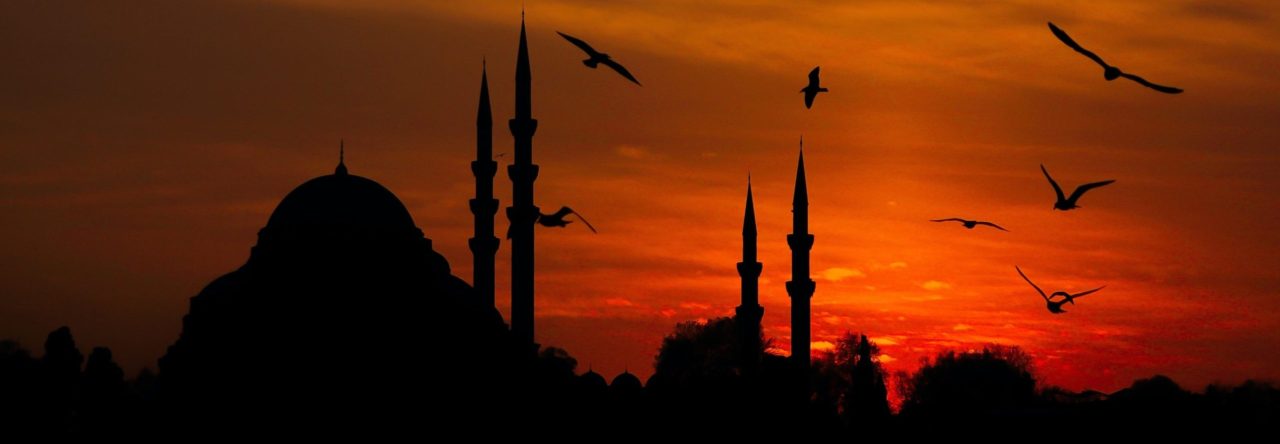
by William Stoddart
Frithjof Schuon (1907—1998) was a sage, an artist, and a poet. During the last three years of his life, he wrote in German — his mother tongue — approximately 3,500 short poems, in 23 separate collections. In content, Schuon’s German poems are similar to those in his English collection Road to the Heart, but they are much more numerous, and the imagery is even more rich and powerful. The poems cover every possible aspect of metaphysical doctrine, spiritual method, spiritual virtue, and the role and function of beauty. They express every conceivable subtlety of spiritual and moral counsel — and this not merely in general terms, but with uncanny intimacy, detail and precision. They exhibit incredible sharpness, profundity, comprehensiveness, and compassion.
Some of the poems are autobiographical, with reminiscences of places experienced: Basle and Paris, the fairy-tale streets of old German towns, Morocco and Andalusia, Turkey and Greece, the American West. Others evoke the genius of certain peoples, such as the Hindus, the Japanese, the Arabs, the Red Indians, and also the Cossacks and the Gypsies. Yet other
poems elucidate the rôle of music, dance, and poetry itself. In one or two poems, the godless modern world comes in for biting, and sometimes fiercely humorous, comment:


The poems embody both severity and compassion. They are powerfully interiorizing. The author repeatedly demonstrates the link between truth, prayer, virtue and beauty. For him, these are the four things needful; they are the very purpose of life, the only source of happiness, and the essential means of salvation. They are the panacea (panakeia), the remedy for all ills:


Many of the poems express the purpose of life with unmistakable clarity, for example:


But the dread consequences of a wrong choice are not forgotten:






Our human smallness is exposed without pity:

Again and again, the poems return to the agonizing and perplexing problem of evil:




No translation can possibly do full justice to the “poetry” — the meter, rhyme, verbal appositeness, allusions, music, inspiration — of the original German. Each German poem is a diamond — sparkling and clear, an architectural masterpiece full of light.
In his rich profusion of references to the many and varied cultural forms of Europe and beyond — the streets of the Latin Quarter, Andalusian nights, la Virgen del Pilar, la Macarena, sages such as Dante, Shankara, Pythagoras and Plato, the Psalms of David, Arab wisdom, the graces of the Bodhisattvas, Tibetan prayer-wheels, Samurai and Shinto, the songs of love and longing of many peoples — in all of these diverse cultures, Schuon captures the timeless message of truth and beauty which each contains, and renders it present in a most joyful way.
When these cultural forms happen to be ones that the reader himself has known and loved, the joy that emanates from the poems is great indeed.
Schuon’s long cycle of poems has already been compared to Rumi’s Mathnâwî. I think that many of his poems can also be compared to the Psalms of David: they are an expression of nostalgia, of mankind’s longing for, and ultimate satisfaction in, the Lord. Their main theme is trustful prayer to an ever-merciful God, and benevolence towards men of goodwill. First and foremost, the poems are instruments of instruction. As such, they are a powerful propulsion towards the inward.
A blessing lies not only in the quality of the poems, but also in the quantity — they constitute an all-inclusive totality. On the one hand, Schuon’s German poems recapitulate the teachings contained in his philosophical works in French; on the other, they are an inexhaustible, and ever new, purifying fountain — a crystalline and living expression of the Religio Perennis. They epitomize truth, beauty, and salvation.
